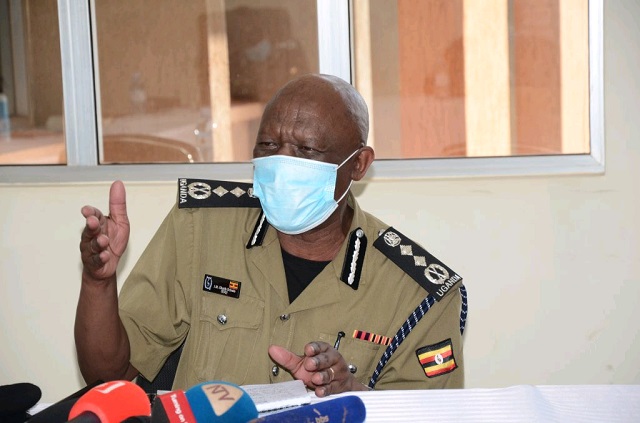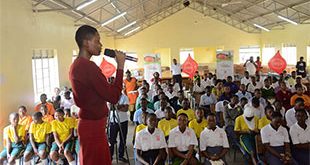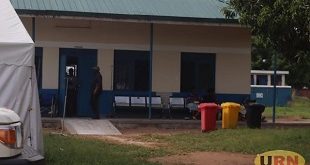
Kampala, Uganda | THE INDEPENDENT | The Police Court will no longer try any police officer accused of using excessive force during operations. This is according to new directives issued by the Inspector General of Police Martin Ochola.
In response to President Yoweri Museveni’s address where he condemned individual security officers for beating civilians during enforcement operations and torturing suspects, Ochola acknowledged that some security personnel including his police officers use brutal tactics to suspected criminals and civilians.
Ochola has directed the force’s human rights and legal directorate to ensure that every police officer accused of using excessive force towards civilians should be charged in Civil or Criminal courts so that they can serve as an example to others.
“There is no justification for whatsoever under any circumstances in the police or order from the superior officer or public authority for torture. The areas of concern include excessive use of force, brutality, detention for long hours without trial and induced confessions,” Ochola said.
Previously, police personnel accused of beating civilians could be tried in Police Court. At least ten police officers were tried in police court chaired by the retired Senior Commissioner of Police –SCP Dennis Odongpiny, for beating up supporters of Dr Kizza Besigye at Najjanankumbi along Entebbe road.
The police officers who were tried included two Senior Superintendents of Police, Andrew Kaggwa and Samuel Bamuzibire who died in June this year, Superintendent of Police Moses Nanoka and Assistant Superintendent of Police Patrick Muhumuza and six Police Constables.
Museveni in his address cited examples where security personnel were captured on cameras beating up people during the lockdown in a bid to implement orders intended to control the spread of Covid-19. Other images Museveni showed were of tortured suspects in the murder of Gen Katumba Wamala’s daughter Brenda Nantongo and driver Sgt Haruna Kayondo.
Museveni also condemned those who have been killed in the line of investigations and enforcement of security-related orders. Security agencies have shot or beaten to death over 20 people allegedly flouting Covid-19 directives. In addition, four suspects in Gen Katumba cases were shot dead.
Human rights lawyer Najib Kasule who is also a member of the Network for Public Interest Lawyers, believes Museveni’s condemnation of security forces torturing civilians and suspects is a defense strategy for life after the presidency.
“The President has legal advisors. He knows time will reach when he will have to leave power. These letters he shows will exonerate him because once you commit torture, you will be charged criminally. But you can’t say it’s your boss or commander who ordered to torture people when he has letters warning you. It is a defense strategy,” Kasule reasons.
UPDF deputy spokesperson Lt Col Ronald Kakurungu said people should condemn individual officers for acting contrary to force’s doctrines. Lt Col Kakurungu said they have always taken action against soldiers accused of brutalizing people.
“Individuals get highhanded and sometimes use unnecessary force. From the UPDF perspective, we have a zero-tolerance policy towards human rights violations. We even have a fully-fledged director who conducts period training and monitors any violations for quick action,” Lt Col Kakurungu said.
The army and police have variously been accused of beating and killing Ugandans during political protests such as last year’s November 18 and 19th protests where 54 were killed in Kampala City, Wakiso and Mukono districts. On December 30th, 2020, soldiers shot and killed professional boxer Isaac Ssenyange in Kampala.
Parliament enacted the Prevention and Prohibition of Torture Act, and section 4 in clauses 1 and 2 states, “a person who performs any act of torture as defined in section commits an offence and is liable on conviction to imprisonment for fifteen years or to a fine of three hundred and sixty currency points or both. A person shall not be punished for disobeying an order to undertake actions amounting to torture, inhuman treatment.”
*****
URN
 The Independent Uganda: You get the Truth we Pay the Price
The Independent Uganda: You get the Truth we Pay the Price



